Tricky Dicky, Part 7: Vanilla History
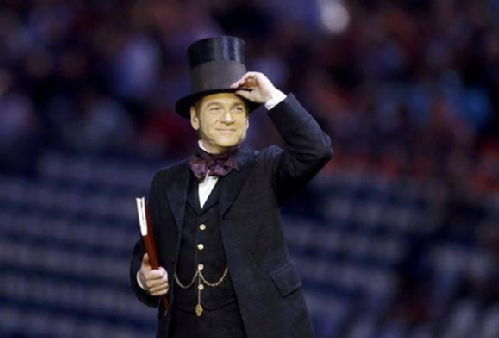 NOTE: This article has been amended to remove factual errors (please see the comments).
NOTE: This article has been amended to remove factual errors (please see the comments).
It used to be said that Englishmen got their understanding of history from Shakespeare and their understanding of theology from Milton. These days, they get their understanding of history from Simon Schama and their understanding of theology from Richard Dawkins. God help us. In practice, this means middlebrow television and middlebrow publishing. Which could, at the moment, with a little stretching, be boiled down satisfactorily to one quasi-word: BBC.
Shakespeare, meanwhile, has gone largely from being a purveyor of an idea of history to being a bit of history that is itself purveyed. It’s no secret that he’s an industry all to himself. Of course, what that actually means is that he’s become an idea people sell – and part and parcel of this idea is a whole complex of other ideas, some of which are still about the history he supposedly tells or implies. Like any industry, the packaging is as much ideological as it is plastic and cardboard. And when it comes to the ideological packaging of isolated, decontextualised, atomised, rendered, pulped and puréed chunks of Heritage Themepark British History, the BBC is, once again, the main nozzle through which the resultant gloop is shat into the nation’s collective kingsize Styrofoam goblet.
This is certainly true right at the moment, during the second season of The Hollow Crown, the BBC’s glossy adaptation of Shakespeare’s main cycle of history plays, and in the immediate aftermath of the RSC’s and BBC’s Shakespeare Live! event. Yes, they put an exclamation mark at the end. They did. This gala, star-studded barrowfull of bardballs was perpetrated supposedly to commemorate the 400th anniversary of Shakespeare’s death. I still don’t understand the idea of celebrating the death of someone you supposedly admire… except that I do understand it, of course: it’s a populist and sentimental way of conferring ostensible meaning on a random date, meaning which can then be parlayed into marketable goods, services, and/or ideological products.
Speaking of marketable ideological products, I was going to talk more about Shakespeare Live! but… it had Prince Charles in it, which made talking about it pretty much superfluous. He appeared in a playful little skit with some actors… and that’s all that really needs to be said. This alone tells you literally everything you need to know.
Prince Charles, you see, is like a black hole. Not in the sense of being cosmically impressive, but rather in the sense that his mere proximity pulls in and crushes all other meanings into mush. He is a meaning-pulper. He is so empty, yet powerful (not because of anything he does but simply by having come into existence as a massive negation with intense cultural gravitational pull) that any context into which he is inserted instantly becomes about having him in it… which is functionally the same as being drained of all substance. Because he has none. Like all modern British royalty, he simply is what he is, and what he is is nothing more than the position he occupies by accident of existence.…

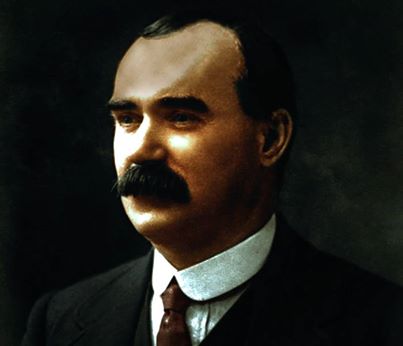 As part of the promised avalanche of Shabcasts,
As part of the promised avalanche of Shabcasts,  Today’s image is of Magneto killing some Nazis. Because I like that.
Today’s image is of Magneto killing some Nazis. Because I like that.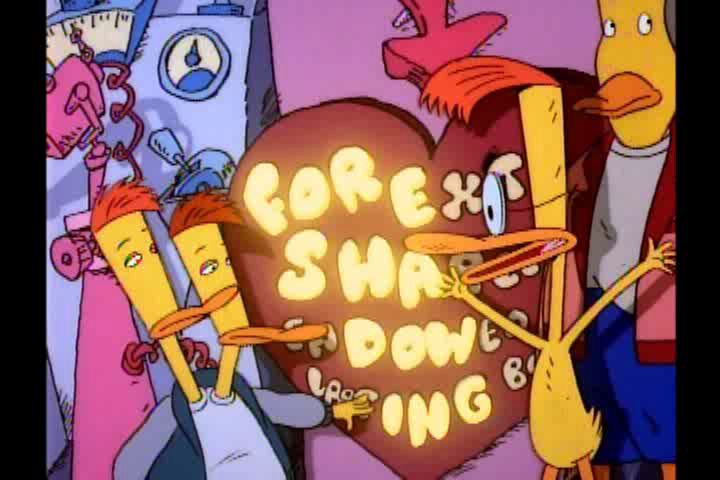 With Shabcast 18 vanished into the ether, this week we move straight on to Shabcast 19. My now-frequent-interlocutor Daniel Harper of
With Shabcast 18 vanished into the ether, this week we move straight on to Shabcast 19. My now-frequent-interlocutor Daniel Harper of 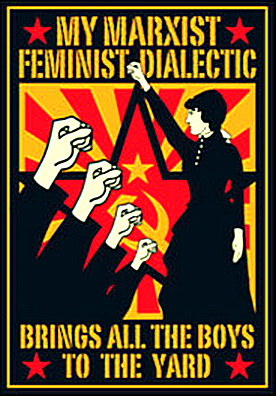 You were supposed to be getting Shabcast 18 this week… but it vanished into the ether, owing to a malicious and inexplicable failure of my recording software. The Mailer Daemon collected it and conducted it to internet Hades. It was great too. I had Gene Mayes and (at last!) Jon Wolter in, and we chatted about Umberto Eco, Jorge Luis Borges, Italo Calvino, etc, in a podcast that was a lot sillier, funnier and more ribald than the subject matter really warranted. But, as I say, it is lost forever, doomed to live on only in the memories of the three men who experienced it… which, in a way, makes it all the more precious. One day, it will be the most sought of all lost Jack Graham-related media, and take on a near-mystical reputation, rather like London After Midnight, or Orson’s cut of Ambersons. I actually remember very little about it, as I was somewhat drunk and we were recording in the wee small hours here in Britain, and I spent most of the discussion in a haze of fatigue and mild inebriation. I seem to recall that we talked about the hip-hop musical Hamilton, which apparently at least one podcast listener is desperate to hear me talk about. Well, that listener lost their one and only chance. They’ll never hear what I said. Not even the bit where the three of us imagined a hip-hop musical about Garibaldi, written by Umberto Eco, and I said I’d go to the theatre heavily armed and force the cast to perform for me at gunpoint.
You were supposed to be getting Shabcast 18 this week… but it vanished into the ether, owing to a malicious and inexplicable failure of my recording software. The Mailer Daemon collected it and conducted it to internet Hades. It was great too. I had Gene Mayes and (at last!) Jon Wolter in, and we chatted about Umberto Eco, Jorge Luis Borges, Italo Calvino, etc, in a podcast that was a lot sillier, funnier and more ribald than the subject matter really warranted. But, as I say, it is lost forever, doomed to live on only in the memories of the three men who experienced it… which, in a way, makes it all the more precious. One day, it will be the most sought of all lost Jack Graham-related media, and take on a near-mystical reputation, rather like London After Midnight, or Orson’s cut of Ambersons. I actually remember very little about it, as I was somewhat drunk and we were recording in the wee small hours here in Britain, and I spent most of the discussion in a haze of fatigue and mild inebriation. I seem to recall that we talked about the hip-hop musical Hamilton, which apparently at least one podcast listener is desperate to hear me talk about. Well, that listener lost their one and only chance. They’ll never hear what I said. Not even the bit where the three of us imagined a hip-hop musical about Garibaldi, written by Umberto Eco, and I said I’d go to the theatre heavily armed and force the cast to perform for me at gunpoint.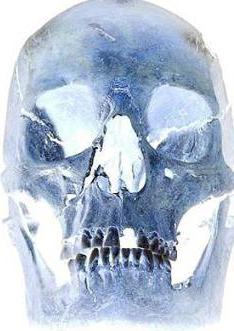 We are now in an odd, reversed position when it comes to William Shakespeare and Richard III: all of a sudden, and for the first time, we seem to know where Richard III’s head is,
We are now in an odd, reversed position when it comes to William Shakespeare and Richard III: all of a sudden, and for the first time, we seem to know where Richard III’s head is, 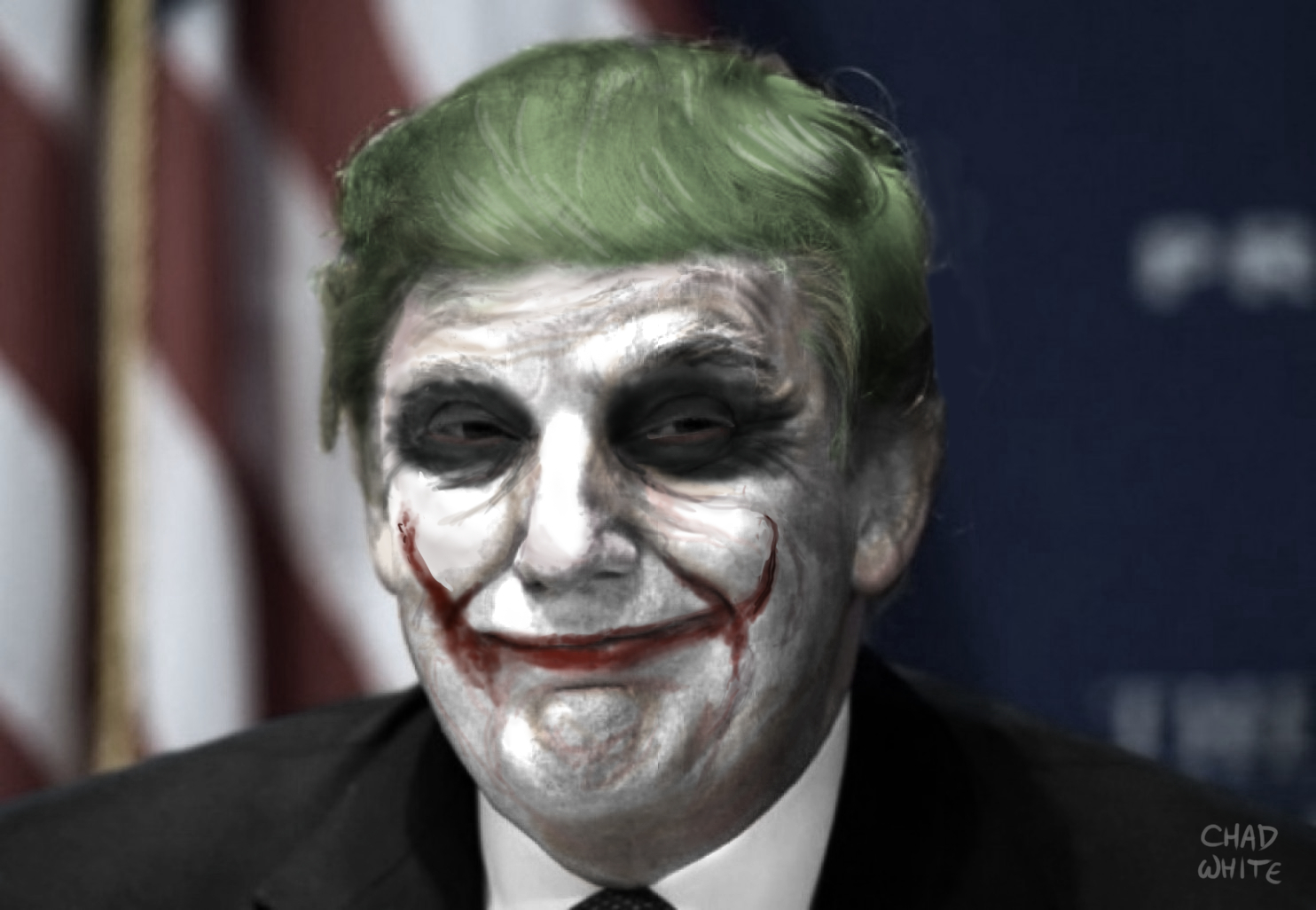
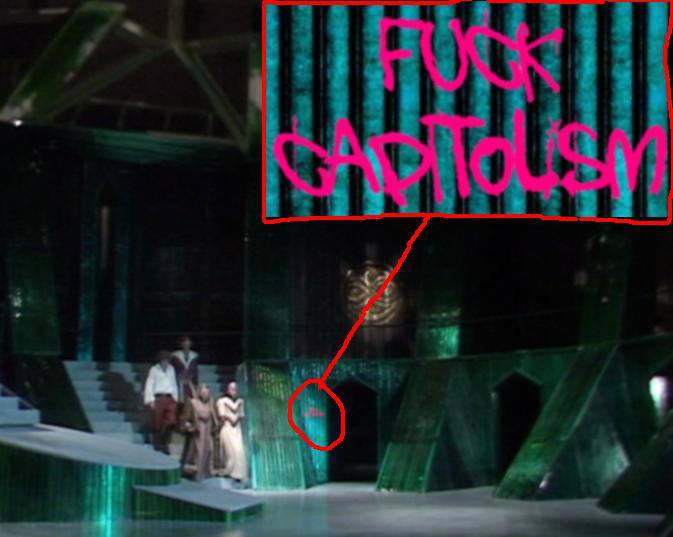 I am often asked about Shabogans. People want to know whether this or that person they’ve seen could be a Shabogan, or whether this or that group they’ve seen could be Shabogans. I generally reply that if you’ve seen them, they’re not Shabogans. As with elves (at least of the household chore performing variety) the quintessential trait of the Shabogan is that one does not see them. Castellans will sometimes speak of arresting, detaining, charging, and imprisoning Shabogans… but this is simply how Castellans talk. They certainly spend a great deal of their time doing all these things to other gradations of the plebeian masses on Gallifrey, but Shabogans are never caught. At least as far as we know.
I am often asked about Shabogans. People want to know whether this or that person they’ve seen could be a Shabogan, or whether this or that group they’ve seen could be Shabogans. I generally reply that if you’ve seen them, they’re not Shabogans. As with elves (at least of the household chore performing variety) the quintessential trait of the Shabogan is that one does not see them. Castellans will sometimes speak of arresting, detaining, charging, and imprisoning Shabogans… but this is simply how Castellans talk. They certainly spend a great deal of their time doing all these things to other gradations of the plebeian masses on Gallifrey, but Shabogans are never caught. At least as far as we know. 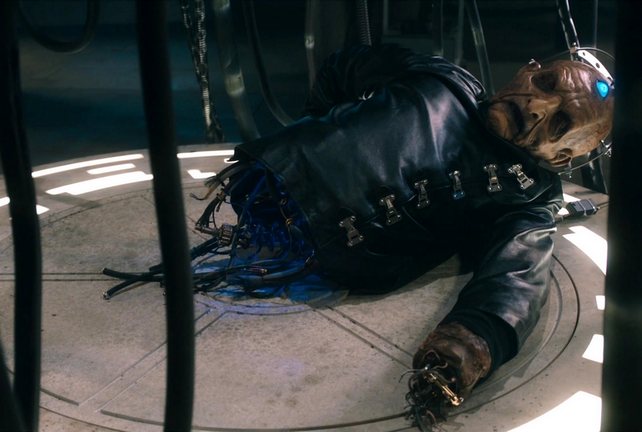 This should be read as, in some ways, a continuation of the previous instalment.
This should be read as, in some ways, a continuation of the previous instalment.